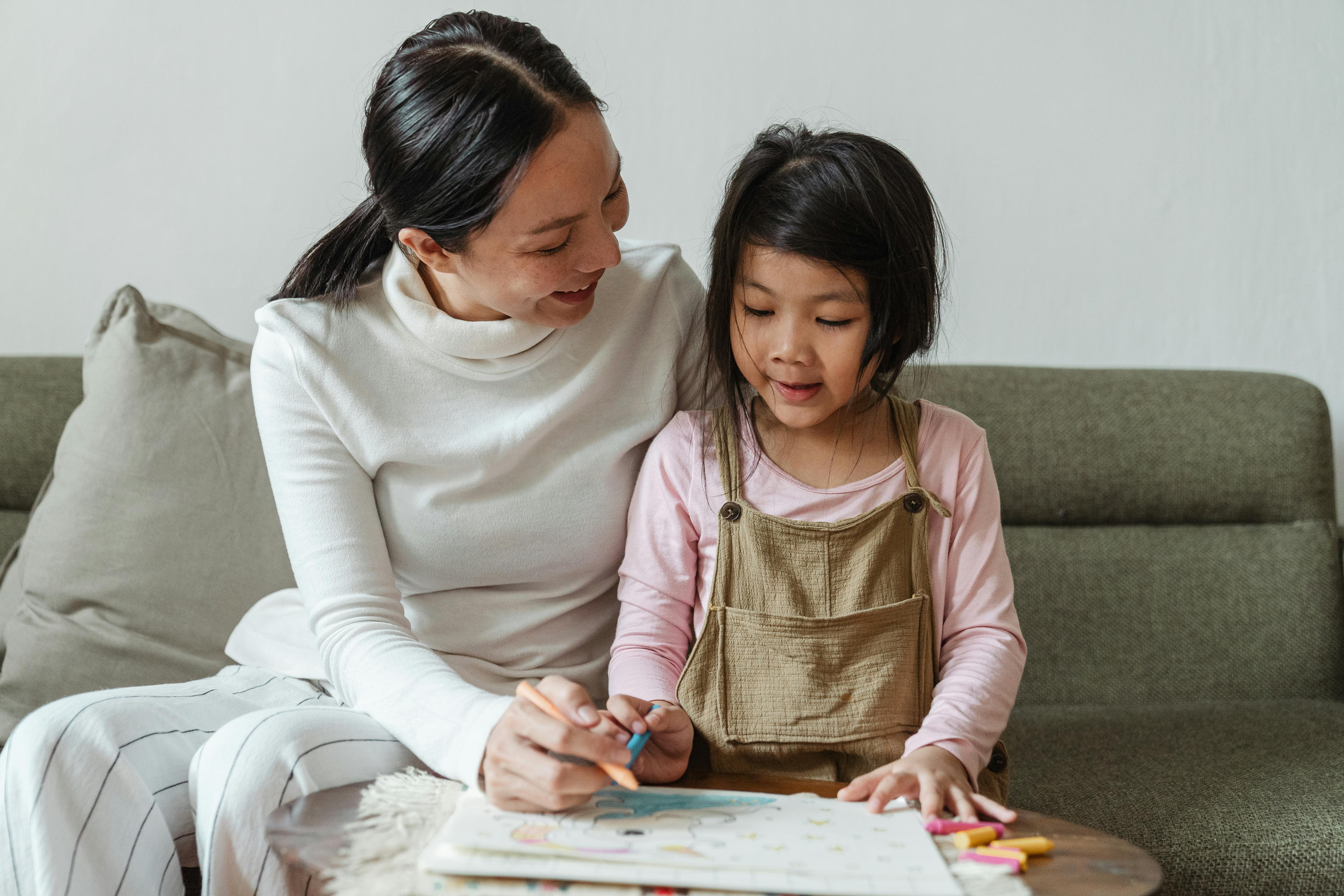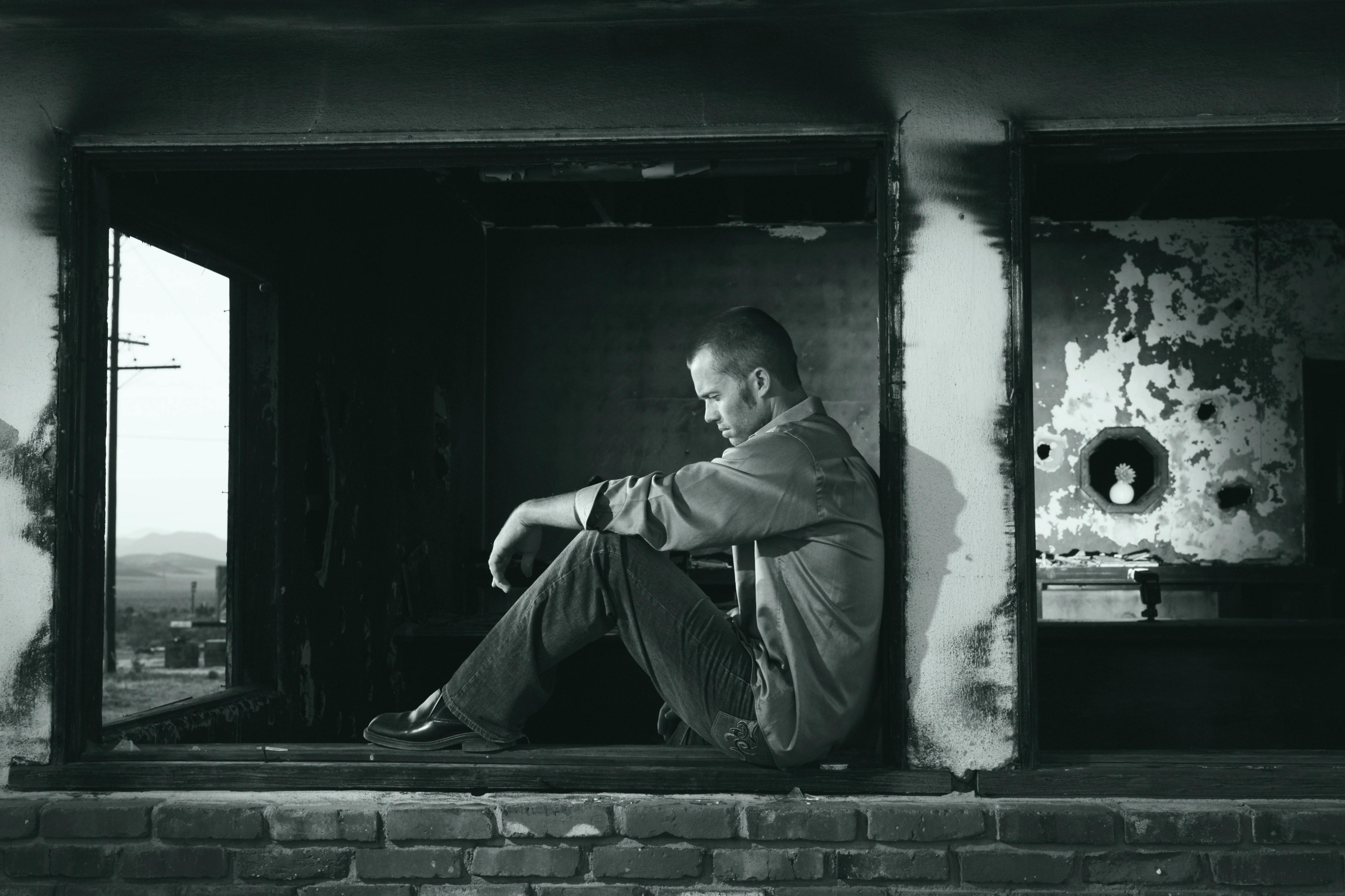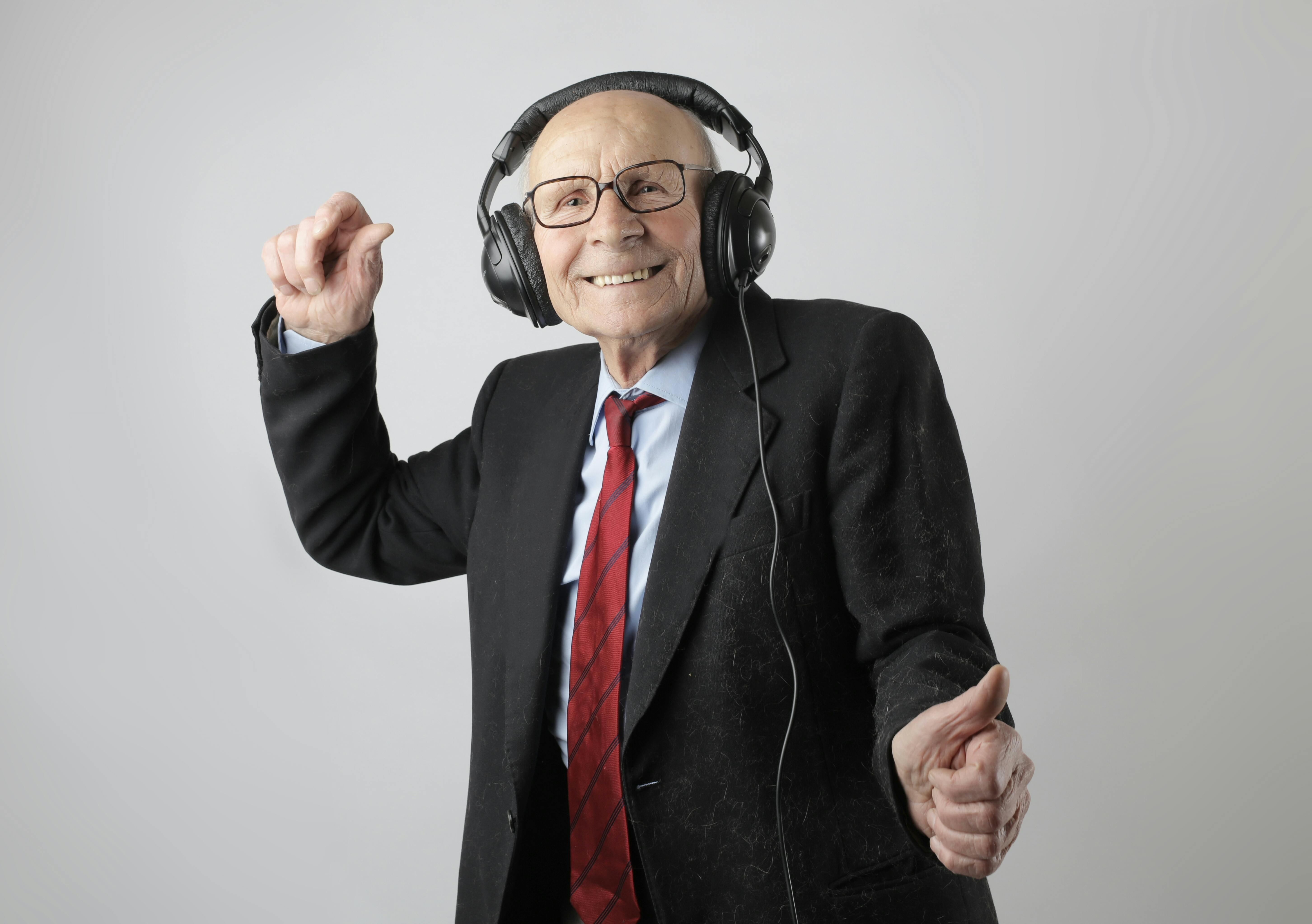You may be feeling crazy because you love a narcissist and are afraid to leave the abusive relationship. It will be easier to help you out the more you know about codependency and narcissistic personality disorder. Abusive narcissists need someone who is willing to meet their needs and give up their own desires. Narcissists are self-destructive people with hidden low self-esteem and insatiable needs for attention and nothing to give. They become parasitically attached to a generous and supportive person who avoids center stage and thrives on caring for others.
Expecting something from an abusive narcissist who has nothing to give can make a codependent feel crazy. Trying to pretend that the narcissist is someone they are not can drive you crazy. Many codependents have spent years dealing with reality about particular people in their past and present. Codependents spend years trying to get someone to love them (ie mom/dad) in a certain way, when that person can’t or won’t.
The development of codependency is rooted in dysfunctional family systems and occurs over a fairly long period of time. Overly rigid, dogmatic, or authoritarian families in which there may or may not be alcohol abuse or dependence seem to produce codependency. These families tend to emphasize discipline and control where rewards are given for following strict and often illogical rules. Children learn that any positive feeling about themselves depends on the mood of another person. These families may seem perfect to the neighbors, but there is a lot of pain and secrecy behind closed doors. Children learn early not to express their thoughts or feelings and to ignore behavior problems in the family. This family survival response effectively increases a child’s tolerance for emotionally abusive and inappropriate behavior from others.
As adults, these children are more likely to get involved in abusive and hurtful relationships with people who are unreliable, emotionally unavailable, or needy. Not entitled to their feelings, these adult children tend to be indirect about their needs, deny feelings, and mistrust intimacy. They start with the belief that love is sacrificing for my partner and putting up with whatever my partner wants to dole out. This is a trap to make the abusive relationship more important than you are to yourself. In general, codependents feel constantly dissatisfied in relationships and are the ones who tend to get deeply stuck in purgatory with an abusive narcissist.
If you are a codependent in a relationship with an abusive narcissist and wonder, “Why do I feel so crazy?” It is time to let go of the narcissist. It’s time to let him or her off the hook. Just like your caregivers, the abusive narcissist is constitutionally incapable of loving you. That doesn’t mean you can’t love that person anymore. It means that you are ready to feel the immense relief that comes when you stop denying reality and start accepting it. You release the abusive narcissist to be who they really are. You stop trying to make that person be someone they are not. You deal with your feelings and move away from destructive attachment. You stop letting what you don’t get from the abusive narcissist control you and take responsibility for your life. So you begin the process of loving and caring for yourself.
Get angry, feel hurt, and land in a place of self-forgiveness. Your life in purgatory will end. You will no longer be a victim of abuse. You will recognize that you have been mistreated and you will allow yourself to be mistreated. You will no longer create, seek or recreate situations that victimized you. You are in your power and no longer live in silent despair.
************************************************** ** *********
Thanks for reading this article. I have dedicated my personal and professional life to the importance of non-violence and self-love teaching from my own experience. As a result, I’ve learned a lot about relationship abuse and what it takes to put an end to self-criticism. And, as I learn and grow, I teach self-compassion and give advice that I use myself, hoping it will help you improve your own life.










